We have to act now!!
Climate change refers to significant, long-term changes in the global climate patterns. “Climate change” often specifically refers to the current trend of global warming and its associated impacts caused primarily by human activities.
Climate change can affect various aspects of our lives, including our health, food production, housing, safety, and work. Some of us are already more vulnerable to the impacts of climate change.
The purpose of this challenge is to help you live more sustainably this summer and to reduce your carbon footprint on this planet.
2024 Summer weekly Challenge
Start: June 2 – August 3
The Climate Action Summer Challenge is a community-driven initiative aimed at raising awareness and promoting sustainable practices to combat climate change.
Participants will engage in a variety of activities designed to reduce their carbon footprint, learn about environmental issues, and inspire others to take action. The challenge will run throughout the summer and culminate in a celebration event recognizing participants’ efforts and achievements.
* This challenge is meant to push you out of your comfort zone. However, this does not mean you should feel scared or put yourself in danger for any reason. This is meant to be a fun summer activity.
Now your part of this challenge is to actually make these changes and to track them like in a journal. There is a Summer Challenge journal template you can record your observations on and insert pictures. Template: Summer Challenge Journal Template
Have fun!
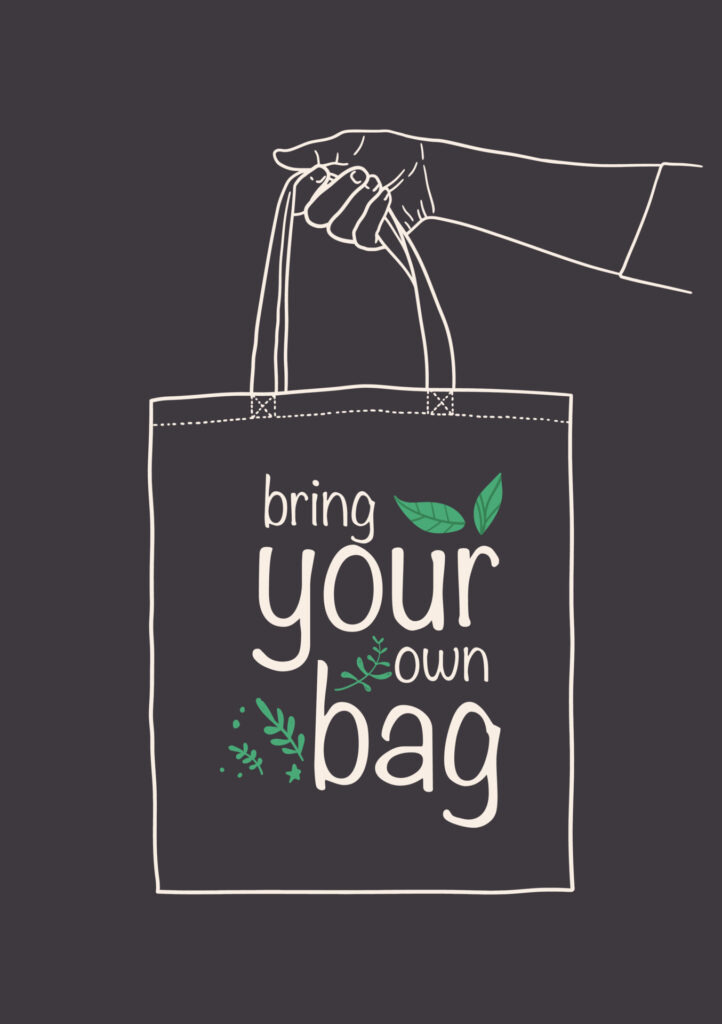
Week 1: Bring Your Own Bag
Start using reusable bags when you shop.
Did you know the average American family gets about 1,500 plastic bags a year? By using your own bags, you can really help the environment!
June 2 – June 8
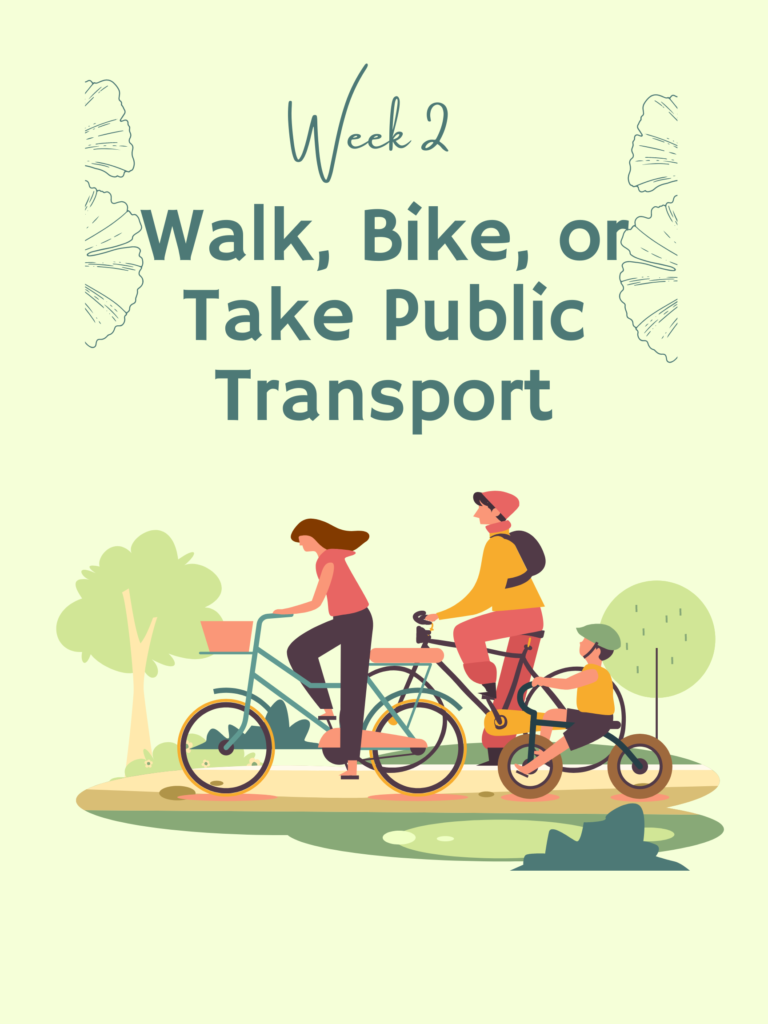
Week 2: Walk, bike or take public transport
Walking or riding a bike instead of driving will reduce greenhouse gas emissions — and help your health and fitness.
Living car-free can reduce your carbon footprint by up to 2 tons of CO2e per year compared to a lifestyle using a car.
June 9- June 15
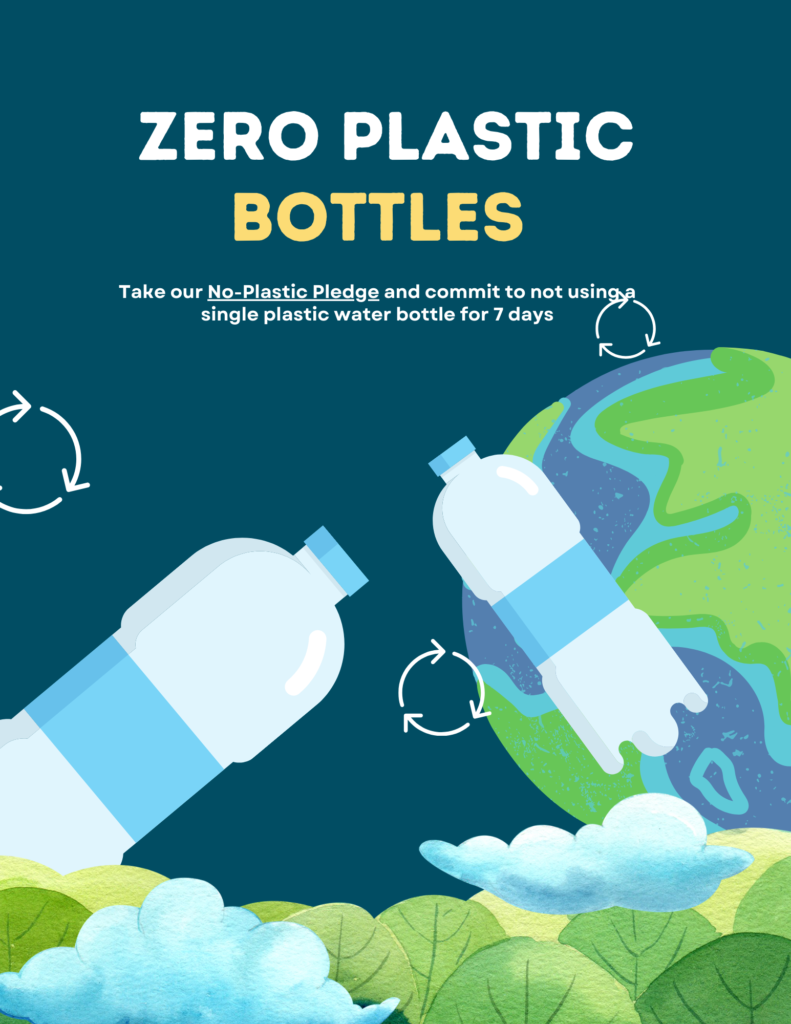
Week 3: Zero Plastic Bottles
Join our movement against plastic bottle consumption and help us reduce the amount of plastic polluting our earth and oceans each year. Plastic Free week! We can have cleaner streets, oceans, and beautiful communities. Will you be part of Plastic Free week by choosing to refuse single-use plastics?
June 16- June 22
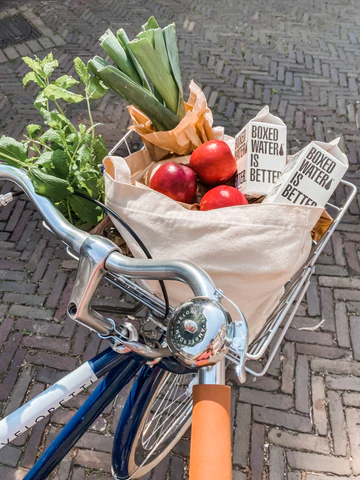
Week 4: Buy Local
Farmers markets and local shops are great places to pick up artisan products and fresh produce that didn’t travel across the world to get to you.
The closer products were made and grown, the lower their carbon footprint. Plus, you’re supporting your neighbors at the same time!
June 23- June 29
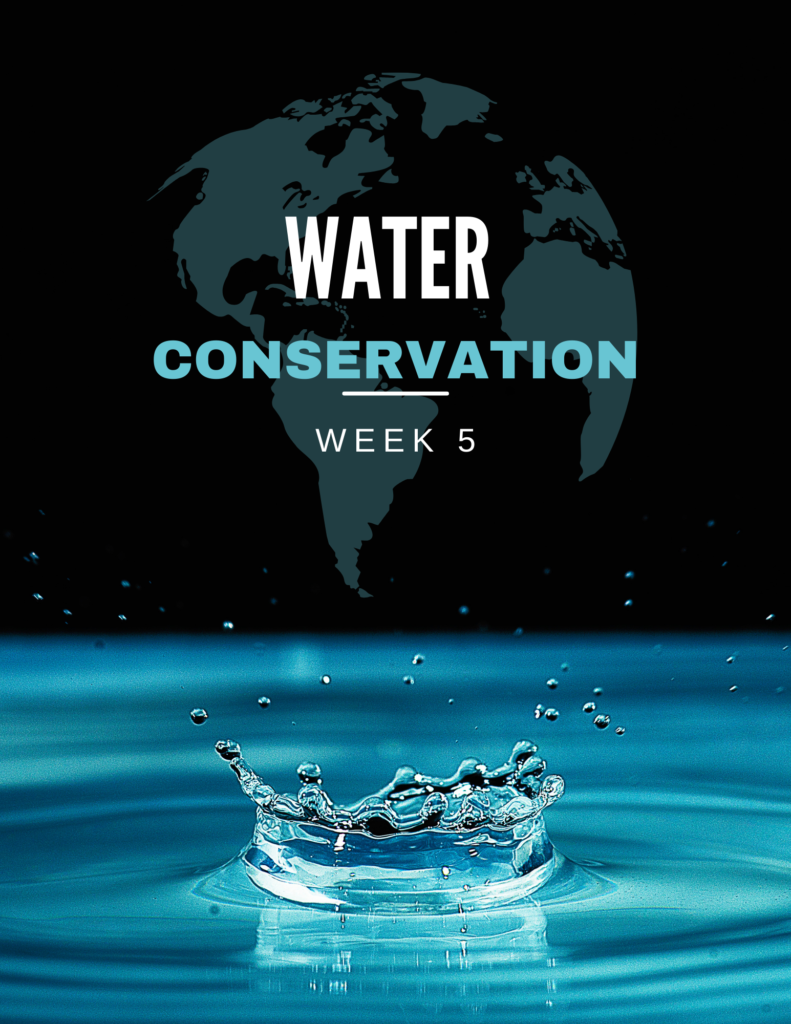
Week 5: Water Conservation
Fix leaks, install low-flow showerheads, faucets, and toilets, reducing shower time, water at the right time at garden, mulching around plants, etc.
Effective water management and conservation lead to sustainable use of the planet’s limited freshwater resources, ensuring that sufficient water is available for future generations.
June 30- July 6
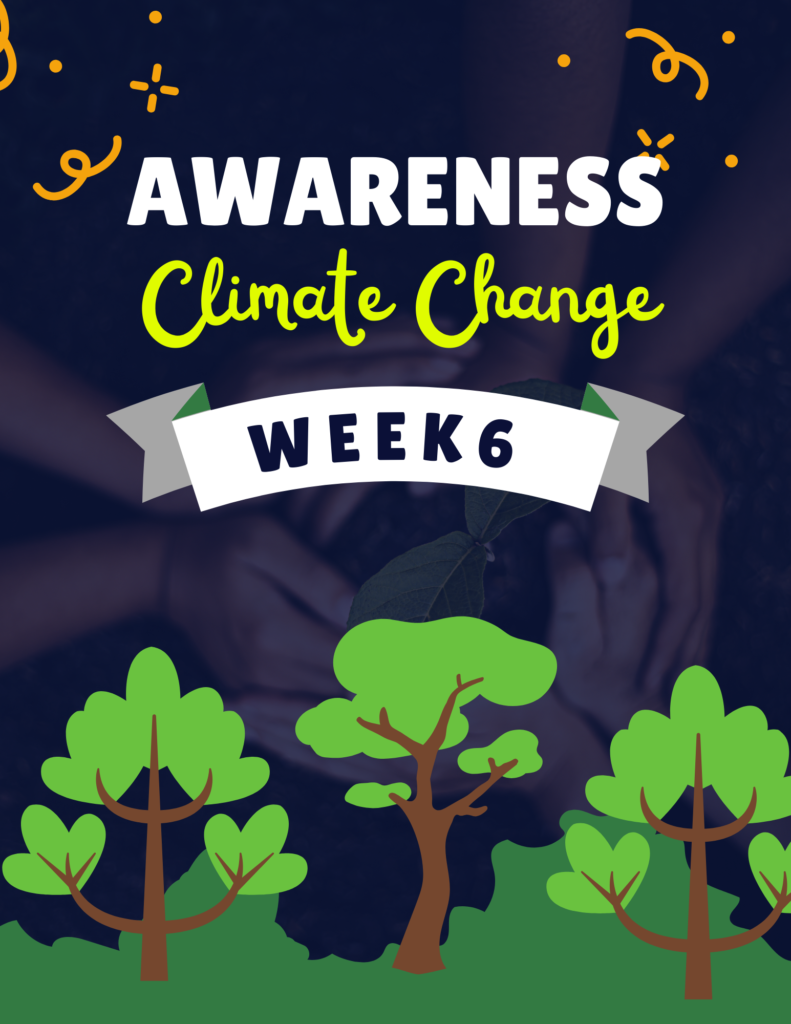
Week 6: Raising Awareness
In order to address global issues like climate change, public awareness is essential.
Climate change awareness is often considered essential to public support for mitigation and adaptation policies. Individuals who are more exposed and aware of hazards may begin to normalise risks in order to cope psychologically with them.
July 7- July 13
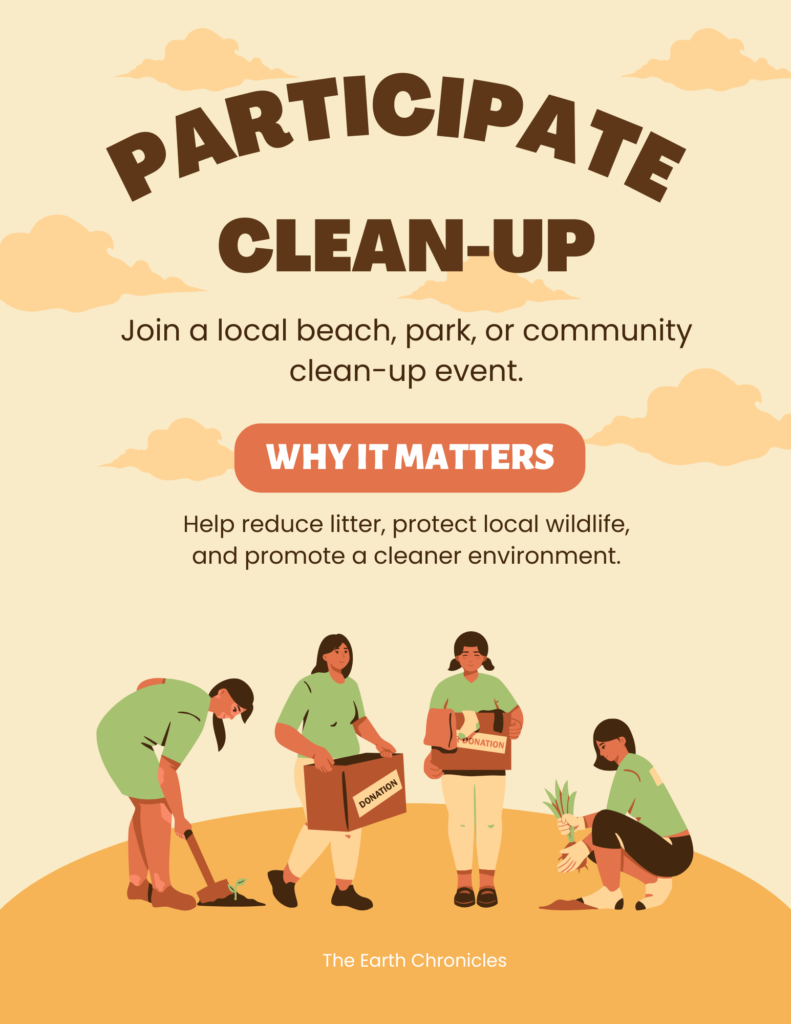
Week 6: Participate in a clean-up
Join a local beach, park, or community clean-up event to help reduce litter, protect local wildlife, and promote a cleaner environment.
By participating in or organizing a clean-up event, you make a tangible difference in your community, contribute to a healthier environment, and inspire others to take action against litter and pollution.
July 14- July 20
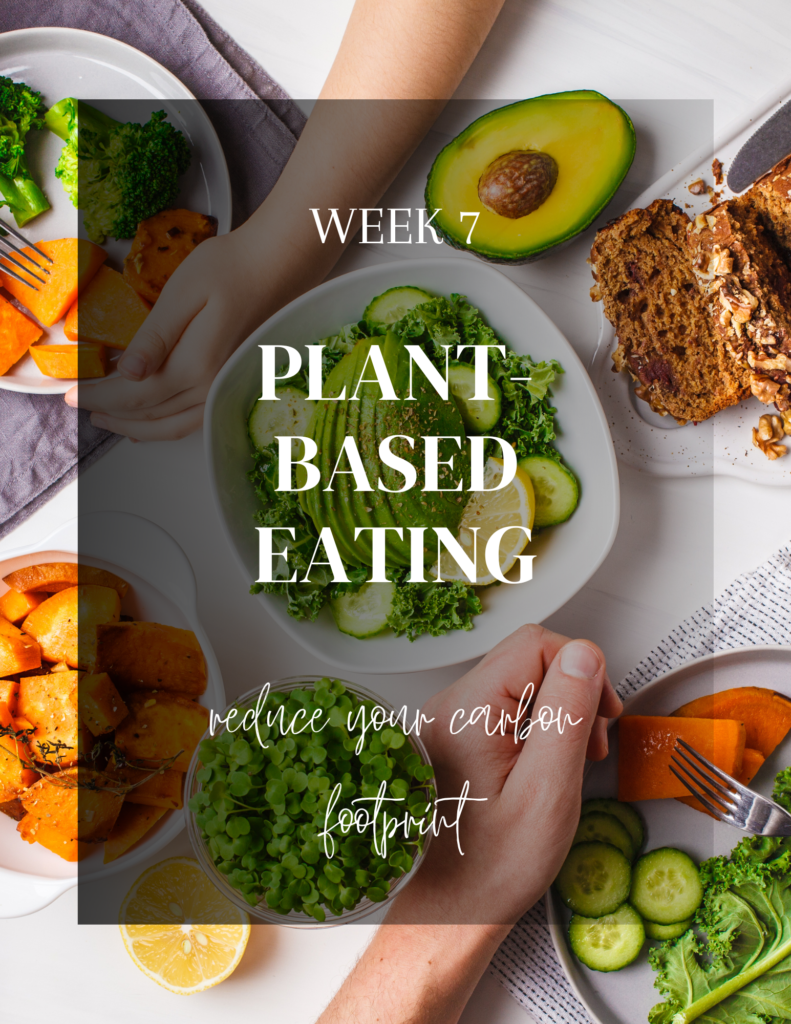
Week 7: Plant-Based Eating
Adopt a plant-based diet for one week, exploring new vegetarian and vegan recipes to reduce your carbon footprint and promote a healthier lifestyle.
By committing to a plant-based diet for a week, you contribute to environmental sustainability, improve your health, and potentially discover a new way of eating that benefits both you and the planet.
July 21- July 27
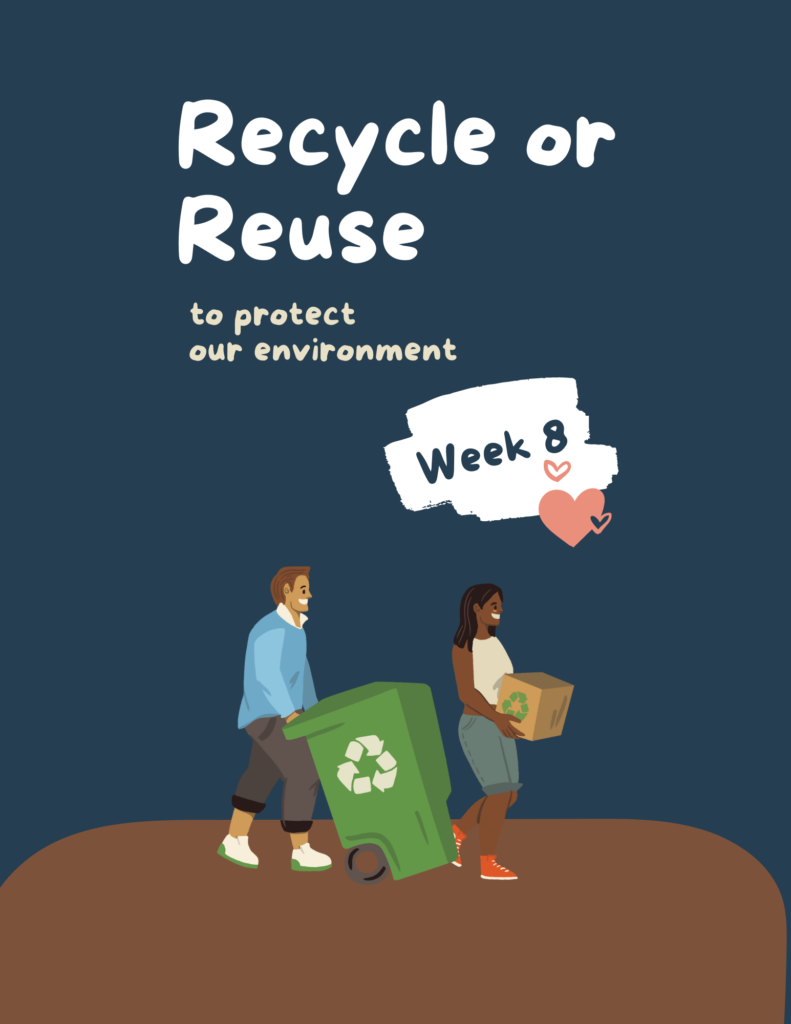
Week 8: Recycle or Reuse
Adopt practices to recycle and reuse materials to reduce waste, conserve resources, and promote sustainability.
Understand Local Guidelines: Learn the recycling rules specific to your municipality, as they can vary widely.
Learn the Symbols: Familiarize yourself with recycling symbols and the materials they represent.
July 28- August 3
2023 Summer weekly Challenge
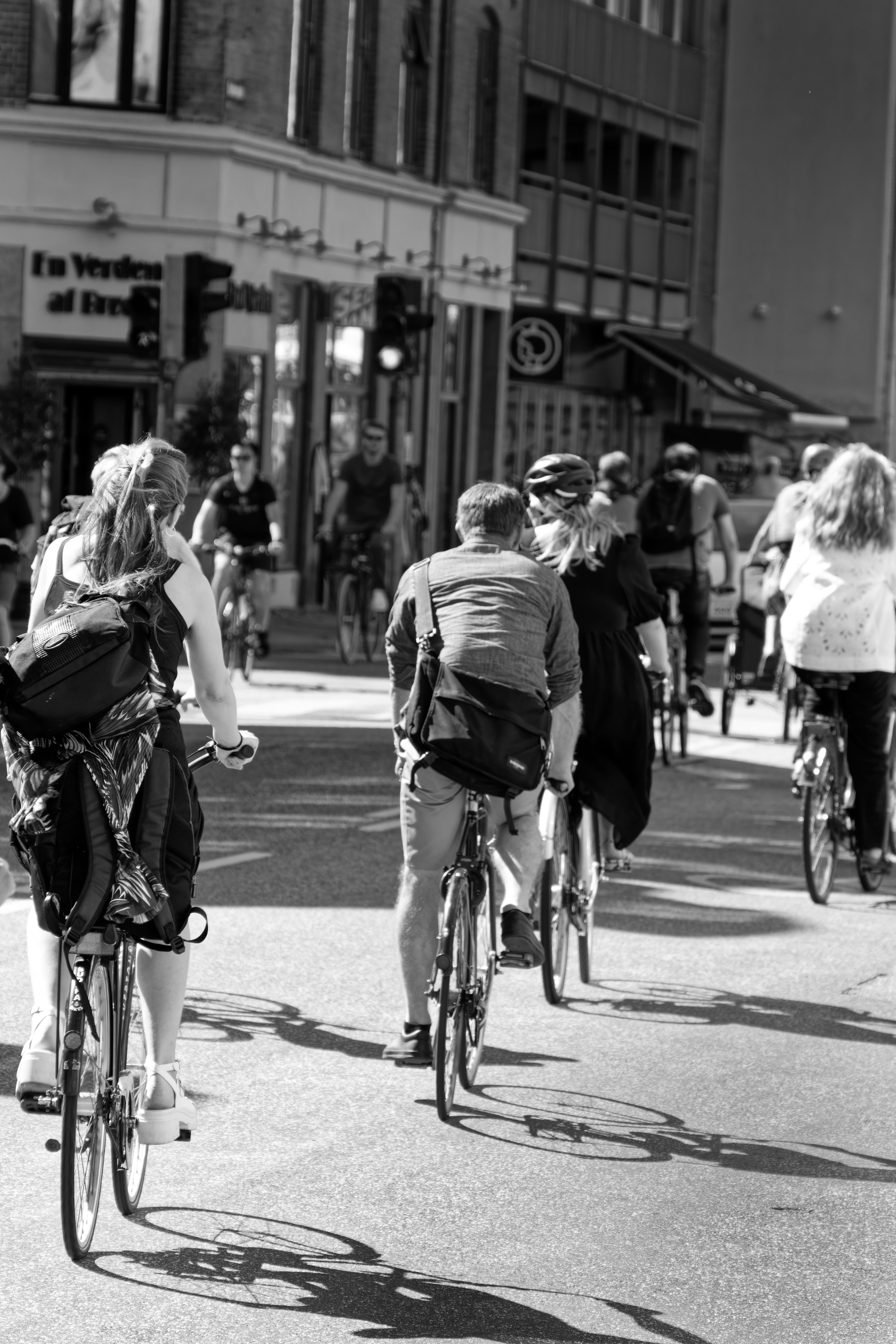
Week 1: Walking or Biking
The first challenge is to walk more or bike more! Walking and biking can help reduce air pollution, mitigate climate change, physical inactivity, and cost.
Ex: Walk or bike to your school, work, grocery store, or neighbors.
Do this every day or as many times as you can this week. Record your observations. Take pictures!
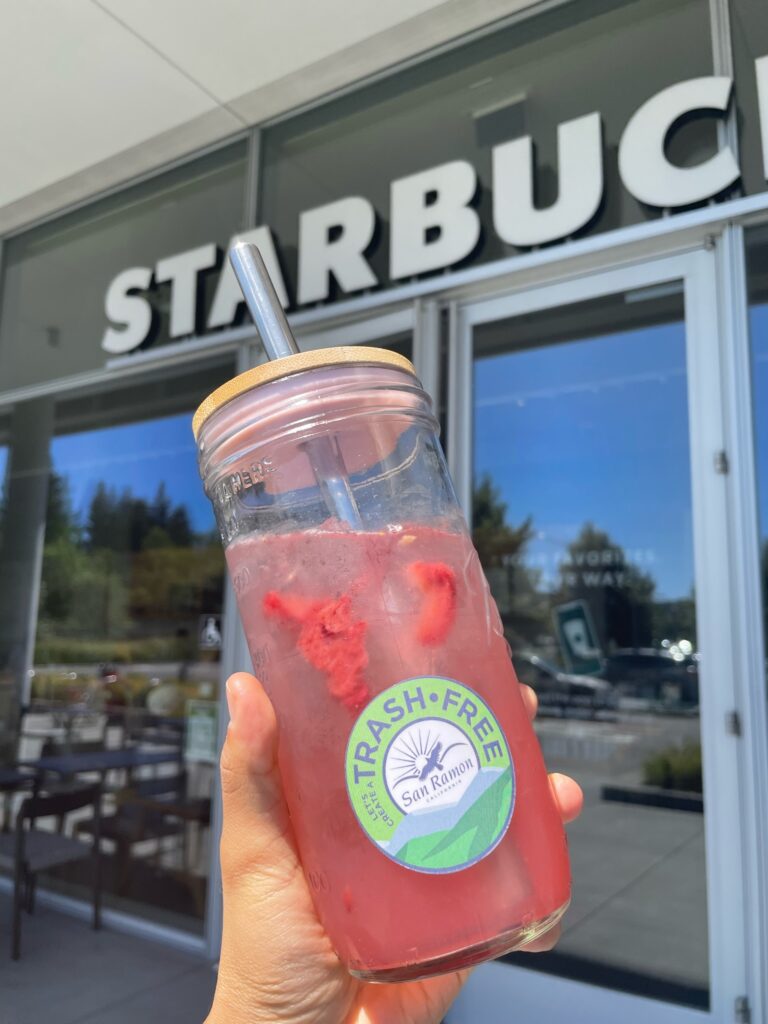
Week 2: Single use? Silly goose!
The second challenge is to say goodbye to single-use plastic. There are many ways we can reduce our plastic waste.
Ex: Bring your own tumbler or bottle to Starbucks or Boba shop! Bring your tote bag to grocery stores! Go plogging. Switch materials at home to long-lasting reusables.
Good luck!
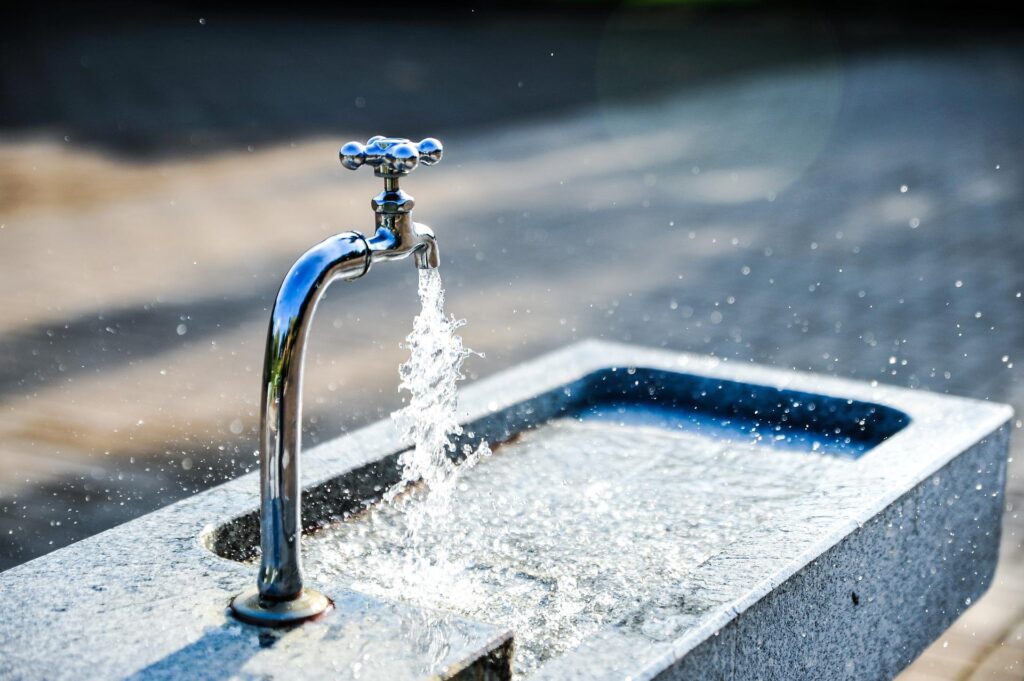
Week 3: Water Wars!
The third challenge is to reduce water use.
Ex: Switch your toilet to high-efficiency or use toilet leak tablets.
Shower within a set time goal.
Collect the water that’s just running away from shower and kitchen and use it to the garden.
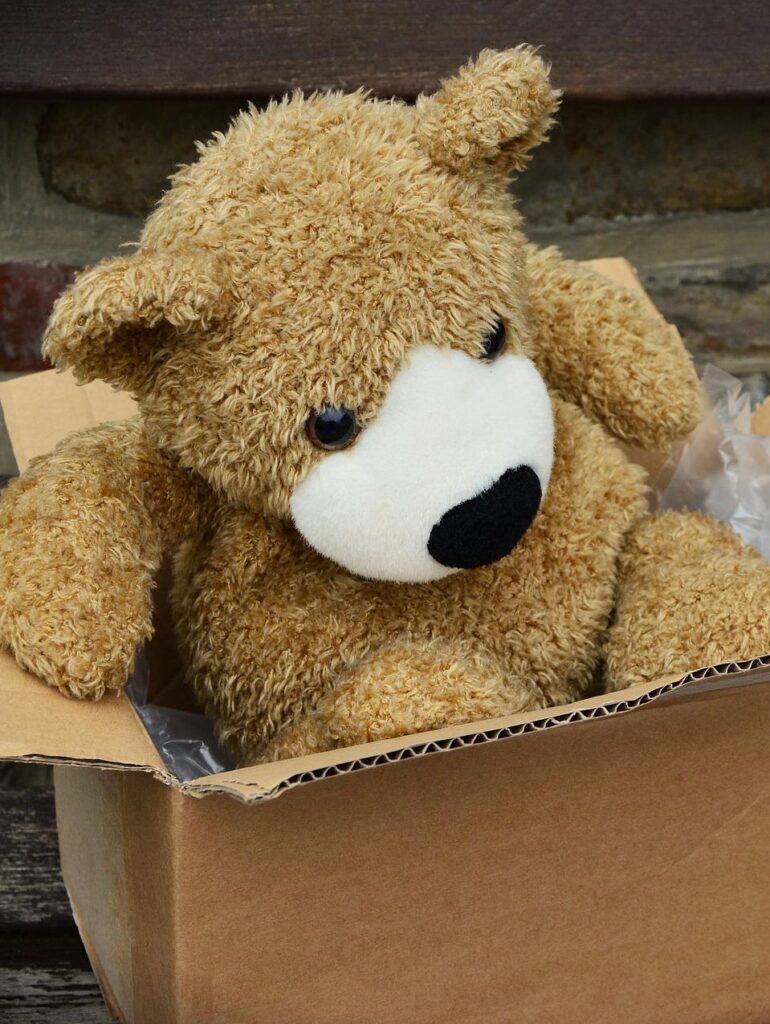
Week 4: Don’t Need? Donate or repair!
The fourth challenge is to donate what you don’t need. Fast fashion and consumerism lead to the production and disposal of so many clothes and goods. It leads to the rise of greenhouse gas emission.
Instead, find a local facility you can donate your lightly-used or good-condition objects or repair them to reuse.
Ex: Donate your books to your local book store. Donate your clothes. Donate lightly-worn shoes.
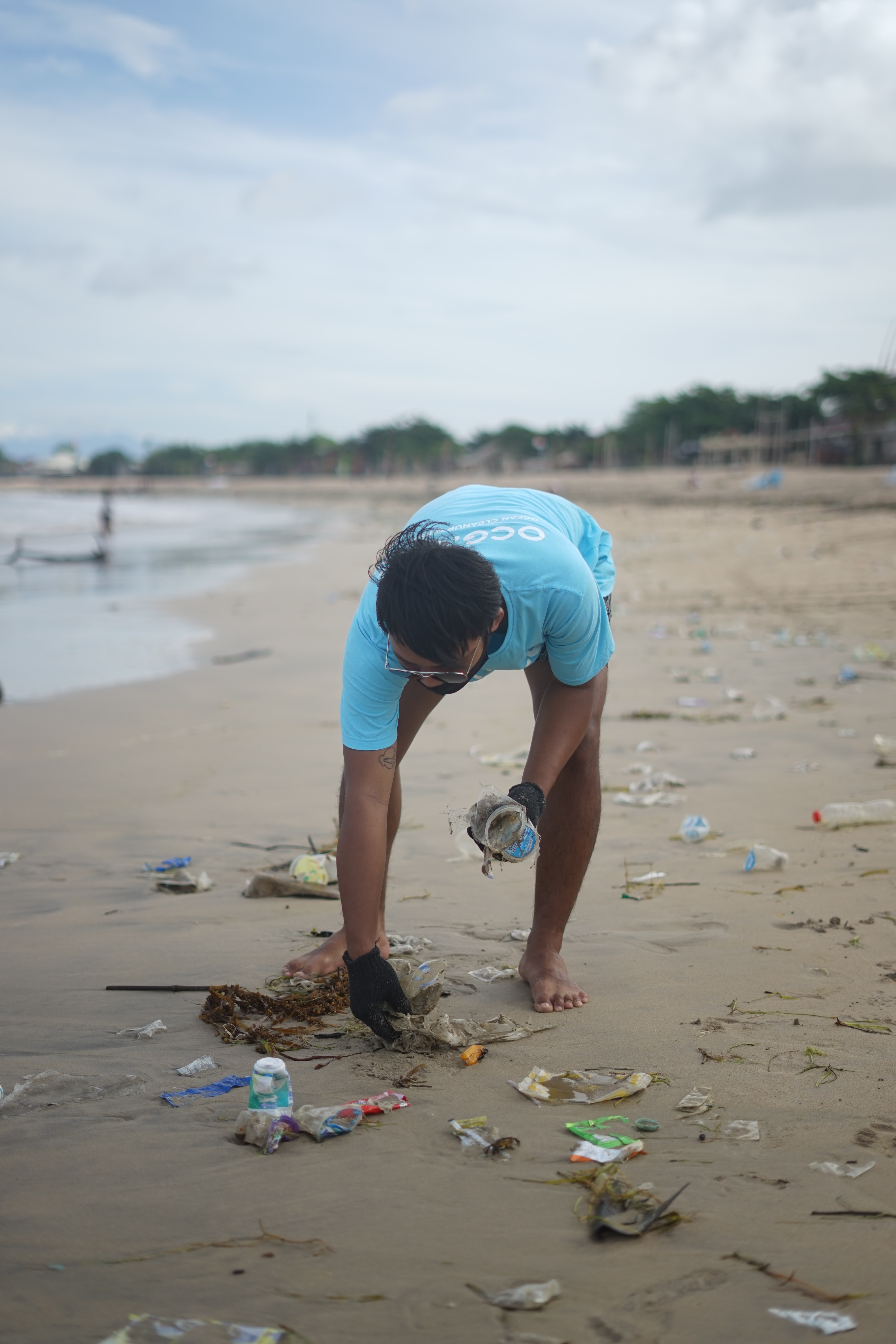
Week 5: Clean up, Clean up, everybody clean up!
The fifth challenge is clean up the planet. Our streets and environment are littered by plastic and waste every day.
Fortunately, there is a lot we can do to help.
Join beach clean ups or local park clean ups! Or, you can host your own.

Week 6: Food Choices, Eat more vegetables!
The sixth challenge is make better food choices. Eat more vegetables!vv
There are certain foods that have higher carbon footprints than others. Agriculture is the single largest source of methane emissions in the Untied States and the second largest source for green houses gas emissions after fossil fuels. You’ve probably often heard to reduce your meat intake as well. That’s because a hamburger is less sustainable than a salad.
So what can you do?
Food choices are something you can make on a daily basis.
Click the button below to find out more.
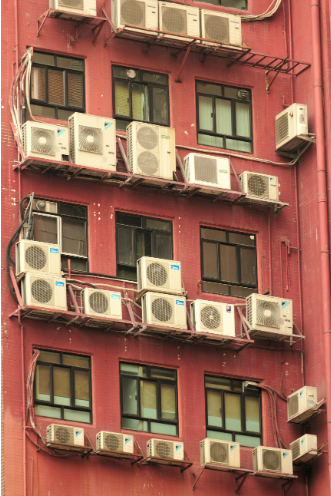
Week 7: Reduce air conditioner use!
It is going to be the most challenging week during summer.
Three-quarters of all homes in the United States have air conditioners. Air conditioners use about 6% of all the electricity produced in the United States, at an annual cost of about $29 billion to homeowners. As a result, roughly 117 million metric tons of carbon dioxide are released into the air each year.
Let’s save the world together!
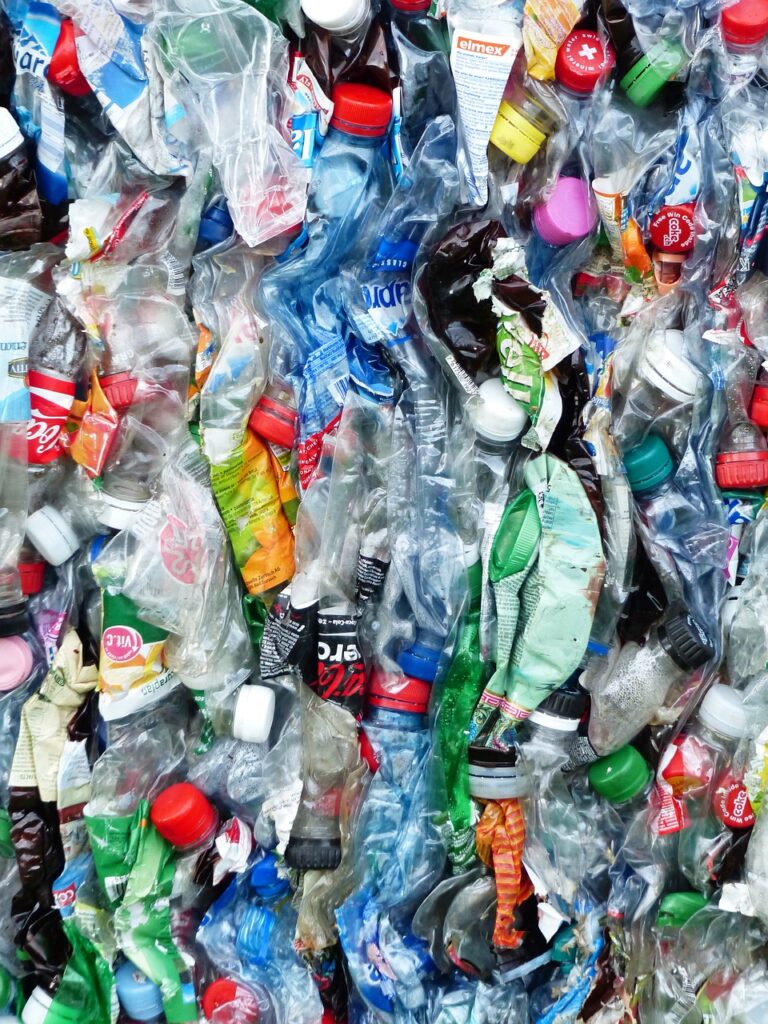
Week 8: Recycle or Trash?
The eight challenge is dispose your waste properly!
We often do what is called aspirational recycling or wishful recycling.
Check our our guides to see what is recyclable, what is trash, and what is compost!

Week 9: Chill and Learn
Week 9 challenge is rewarding and worthwhile!
Look at our list of recommended movies and documentaries about our planet!